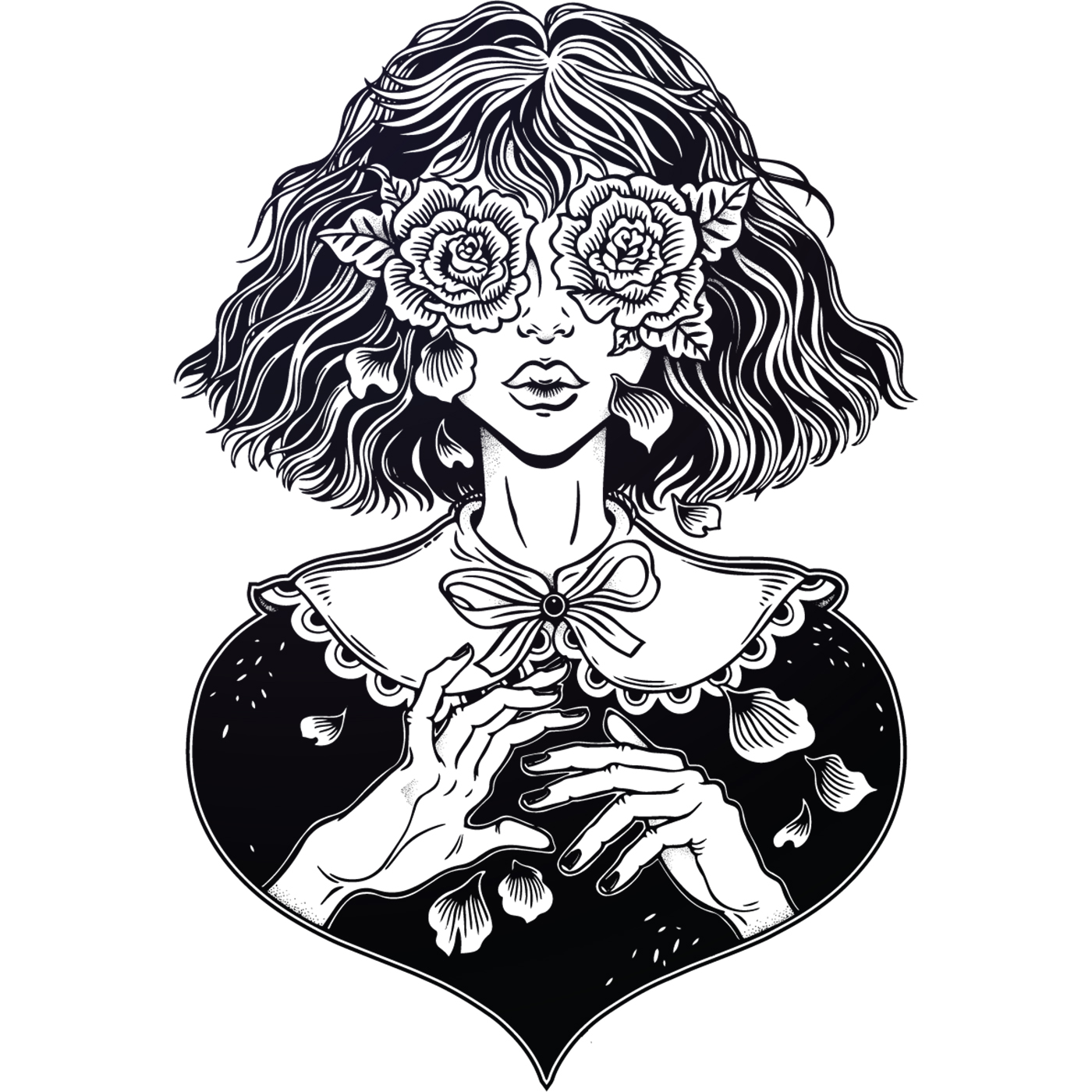Show Notes
Hawthorne was a Transcendentalists believing in the "inherent goodness of both people and nature." You could think of him as a hippie of the early 19th century. Hawthorne was a founding member of Brook Farm, a utopian experiment in communal living -- though he is not portrayed as a deep believer in its ideals. Indeed, as he grew older, he migrated from a young Transcendental idealist to a Dark Romantic writer. The older man comes to embrace the opposite inclinations of his youth; that, rather than being inherently good, people were deeply fallible, prone to lapses in judgement and drifted easily to sin. Enjoy!
